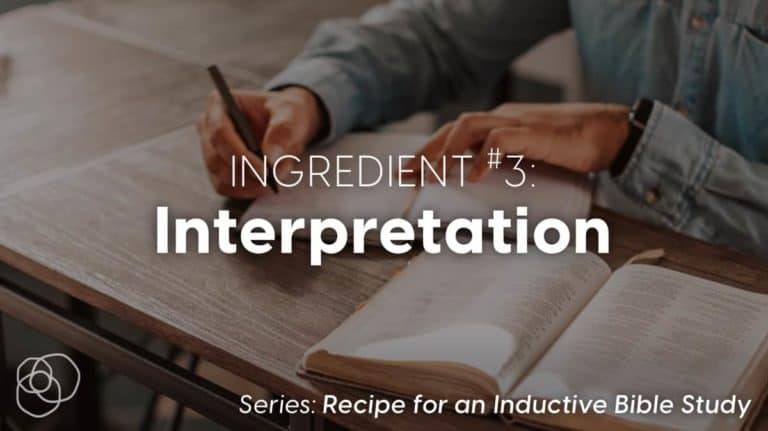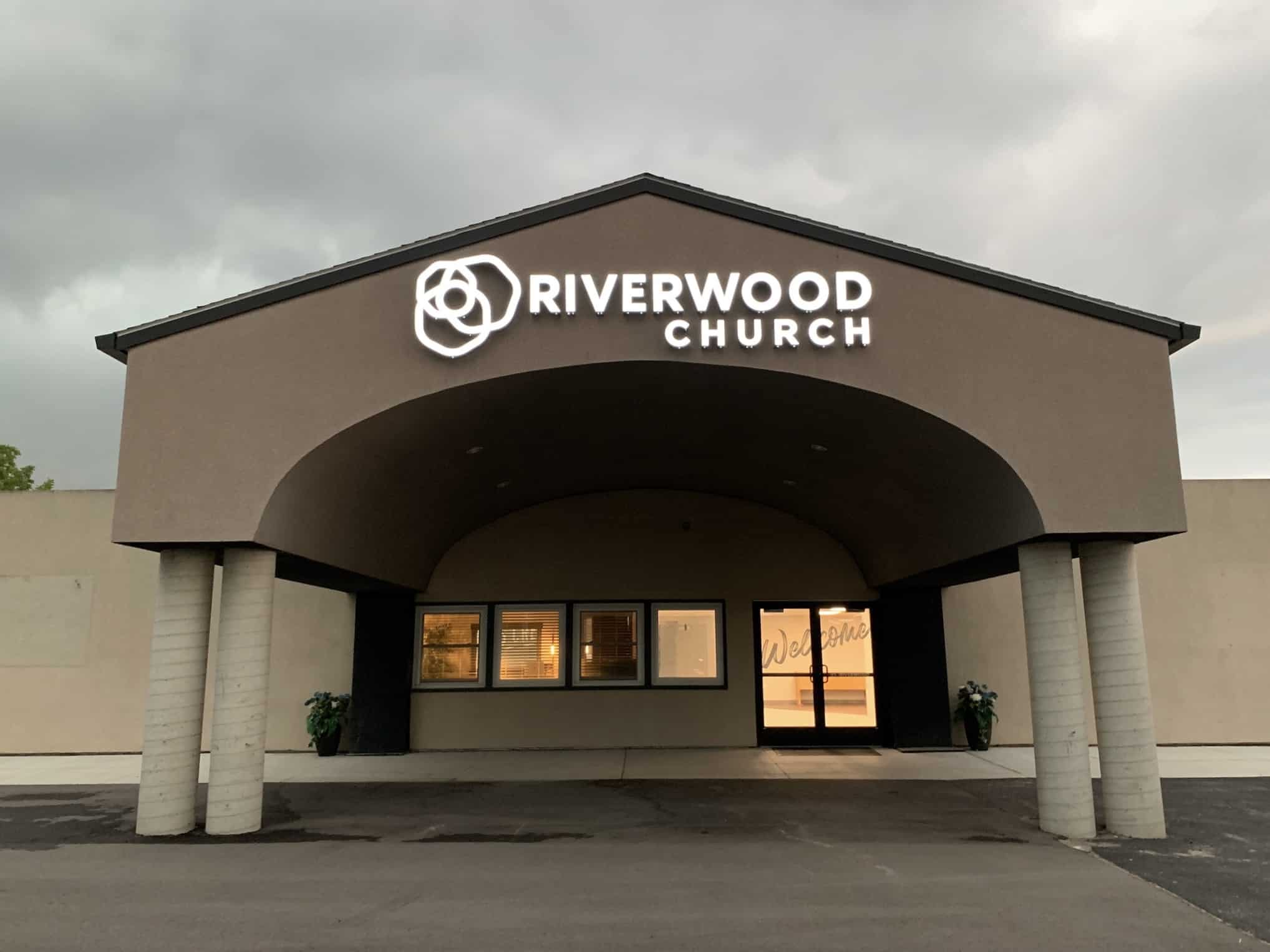
by Erin Bird
Welcome to March! Hope you are having a fantastic week, and have found some moments to enjoy this warmer weather. (Nothing like 50˚ to give one hope that Spring will actually arrive!)
We've been in a series on the "recipe" for an Inductive Bible Study. We've already seen that we begin with the Scripture, then move into Observation. In this third part of our series, we look at the next step: Interpretation.
In high school, my tenth-grade English literature class contained a section on poetry. One of the key components our teacher stressed was figuring out what the poet was actually talking about. A poet might use imagery of wind, or sun, or oceans, but our teacher wanted us to realize the poet was actually talking about love.
(With typical sophomore (or sophomoric?) humor, some of my friends and I decided that all poets wanted the same thing. They didn't really want love, or money, or friendship, or even to just enjoy the sunshine. What they really wanted was fried chicken with a Diet Cherry Coke.)
As with poetry, when we study a passage of Scripture, we need to move beyond simple observation to interpretation, asking ourselves, "What does it mean?" But this question doesn't mean, "What does it mean to me?" We should ask, "What did God mean when He had the author write it?"
This means you should first start with the clearest explanation. God probably isn't secretly expressing a desire for fried chicken and a Diet Cherry Coke. Oftentimes, what the passage says on the surface is what is also being said "underneath."
However, sometimes there isn't a "clear" explanation. So move further by considering the context of the passage (What comes before it? What comes right after? How does this passage fit with the rest of the book? How does the cultural context of the day affect the meaning?)
Lastly, consider how the teaching of this particular passage fits with the rest of Scripture. God does not contradict Himself, so what is He saying in this passage in light of what He has said elsewhere in the Bible?
Let's now "do" what we just discussed. Through this series, we've been using Hebrews 4:14-16 as our "practice" passage. We've read it, then spent some moments last week observing. Now let's ask, "What does it mean?"

Last week, we observed from our passage that Jesus is the "great high priest." The original audience would have known that a typical Jewish high priest represented the people to God by bringing sacrifices into the Holy of Holies to offer up to God as payment for the sins of the people. This means that while Jesus was God (indicated by the author calling Him the "Son of God"), Jesus was also fully human, allowing Him to represent us to God as the better and true high priest. And while Jesus had no sin (therefore did not deserve death), He understood the frailty of our humanity, so He can sympathize and empathize with our hurts, failings, and sufferings.
Wow! Do you see why we want Riverwood to be a "Jesus-centered" church? Jesus, fully God yet fully man, paid the price we couldn't pay to give us the life we didn't deserve. How humbling and inspiring! It is through Him and Him alone we "receive mercy and find grace in our time of need."
But guess what? This isn't all that you can find in this passage. What else might God mean through these three verses? Take a few moments to figure out what else God is communicating to you and all of His children through Hebrews 4:14-16.
In my next post, we’ll figure out how these truths affect our everyday lives.
Receive Riverwood's "News & Notes" weekly email in your inbox. Submit your email address below and stay in the loop.

We are on a mission to help people love like Jesus loved and live like Jesus lived.
It doesn't matter to us if you:
No matter where you are in your spiritual journey, we want to help you become who God has created you to be.